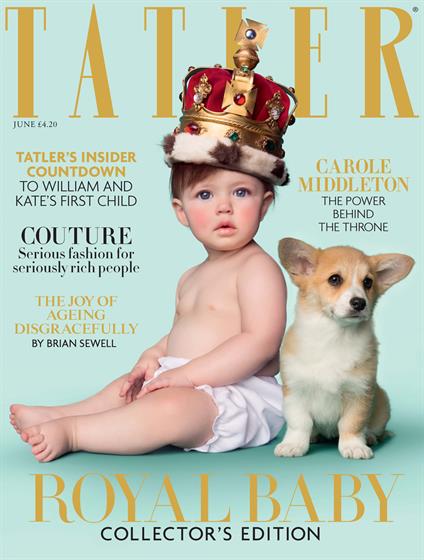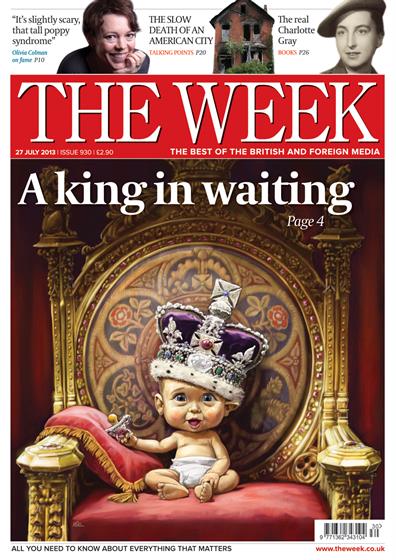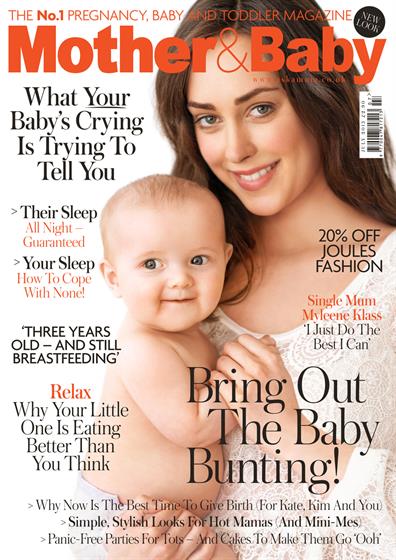Media frenzies over royal news have been the norm for quite a few years now, but all the bunting and street parties in the world couldn’t prepare us for the very peculiar phenomenon of "baby-watching".
Coverage of the birth of the Duke and Duchess of Cambridge’s son – the first future heir to the throne to be born in the age of rolling news coverage – was unavoidable. In the hour his birth was announced, he was the subject of 12 per cent of all content consumed online globally, according to the discovery platform Outbrain.
The unpredictable timing of George’s arrival challenged the print deadlines of weekly and monthly magazines, but most embraced the news and felt an uplift in optimism – and, in some cases, sales and ad revenue. Welcome news ahead of the declining print circulation figures expected to be published by the ABC later this month.
Bauer’s Mother & Baby magazine set up a pop-up office outside St Mary’s Hospital and was soon issuing pregnancy advice to the waiting journalists, who had turned to interviewing each other to avoid their coverage descending into round-the-clock footage of a closed hospital door.
The Week magazine, published by Dennis, says this week’s issue featuring Prince George on the cover will be its bestselling of 2013, while Condé Nast’s Tatler says its June edition, graced by a (generic) baby and corgi puppy, is one of its top-sellers this year.
For some, though, the enthusiasm turned sour. OK! magazine released a front cover with "Kate’s post-baby weight loss regime" soon after the birth – and then issued an apology following fierce online criticism and a campaign led with the hashtag #DontBuyOK.
There were those, of course, who didn’t care a jot for the news of the royal offspring. They were catered for by The Guardian’s "republican" button on its website, allowing users to block all infant-related content. Private Eye also spoke for indifferent readers with its "Woman has baby" cover. So disinterested was the editor, Ian Hislop, that he reportedly avoided interviews on the day after the birth by heading off to the cricket.





